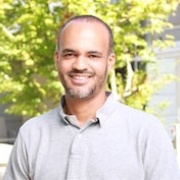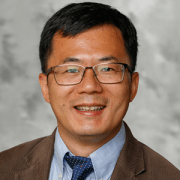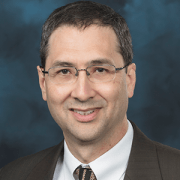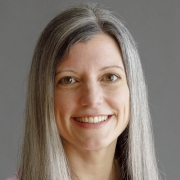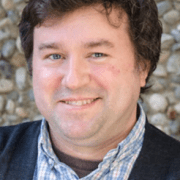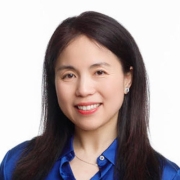Online
Scientific breakthroughs and emerging trends to watch in 2024: Expert webinar and panel
Date & Time
–
With millions of publications and patents published annually, the rate of scientific progress can feel overwhelming. What if you had a landscape view of the emerging scientific landscape, the trends to focus on, and the ones to deprioritize? Join experts from Lawrence Livermore National Lab, Oak Ridge National Lab, The Ohio State University, and CAS as they highlight the scientific breakthroughs and trends to watch in 2024.
- AI’s impact in R&D
- The rise of biomaterials
- Tackling the undruggables
- Sustainability trends
Speakers
Date & Time
–

